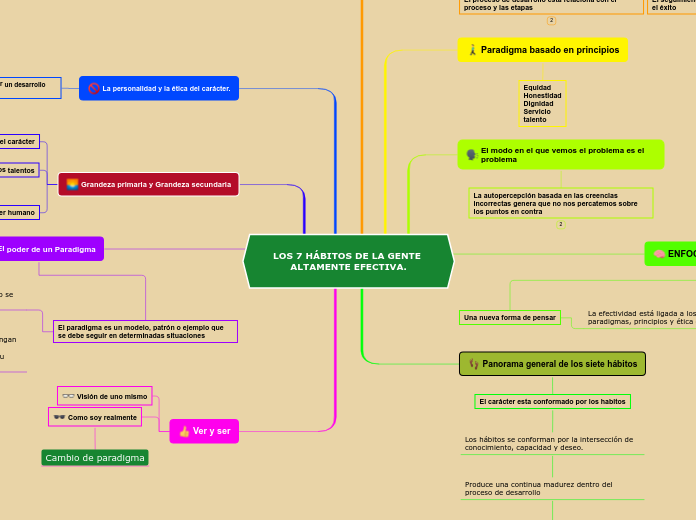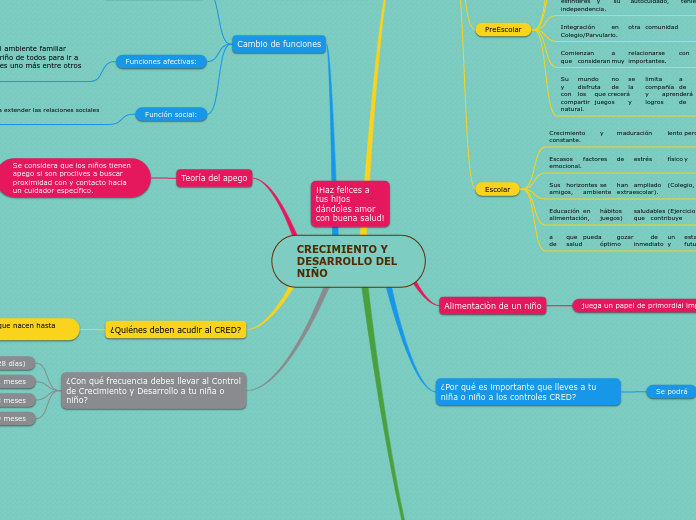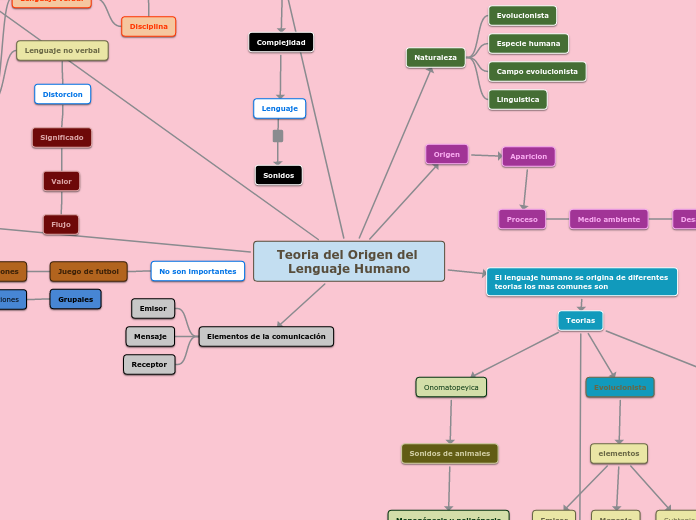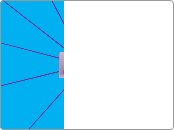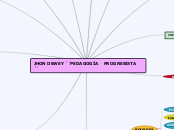LOS 7 HÁBITOS DE LA GENTE ALTAMENTE EFECTIVA.
The part of speech is a category to which a word is assigned according to its syntactic functions. In English the main parts of speech are noun, pronoun, adjective, determiner, verb, adverb, preposition, conjunction, and interjection.
Ver y ser
A preposition is one of the most exciting parts of grammar. A preposition is used to describe the location of something in relation to something else.
Como soy realmente
When a preposition consists of more than one word, it is called double preposition.
Cambio de paradigma
Visión de uno mismo
Compound preposition consists of two or more words.
El poder de un Paradigma
An interjection is used to express emotion in a sentence.
Think of other interjections!
El paradigma es un modelo, patrón o ejemplo que se debe seguir en determinadas situaciones
Los modelos que implementa la sociedad, determinan la manera de pensar, y de como se comportan un grupo de personas
Sin embargo, se busca que las personas tengan sus propios paradigmas, a través de la experiencia. Un paradigma propio, enfoca tu propios principios y habilidades.
Grandeza primaria y Grandeza secundaria
An adverb is used to describe a verb, but it can also describe an adjective or another adverb.
Adverbs normally help paint a fuller picture by describing how something happens.
Ambas interactúan y conforman al ser humano
Si la grandeza secundaria es mas que la primaria, el resultado es que la persona tienda a ser egocéntrica y por tanto no tienen un desarrollo positivo
Reconocimiento social de los talentos
Parte del principio del reconocimiento social, en el cual se necesita del reconocimiento de las demás personas
Bondad dentro del carácter
The intensifiers strengthen adverbs adjectives and adverbs and down- toners make them weaker.
Parte del principio de humildad, que implica el darle la mano a otra persona para que logre su desarrollo.
La personalidad y la ética del carácter.
A numeral is a word or phrase that describes a numerical quantity.
Some theories of grammar use the word 'numeral' to refer to cardinal numbers that act as a determiner to specify the quantity of a noun, for example the 'two' in 'two hats'.
Existen dos formas de lograr un desarrollo personal.
Ética de la personalidad
Actitud, Conducta
Habilidades técnicas
Imagen publica
Percepción de si mismo
La ética del carácter
Integridad, Humildad
Justicia, Paciencia
Esfuerzo, simplicidad
Panorama general de los siete hábitos
El carácter esta conformado por los habitos
Los hábitos se conforman por la intersección de conocimiento, capacidad y deseo.
Produce una continua madurez dentro del proceso de desarrollo
Los siete hábitos producen el crecimiento y proporciona el enfoque gradual, secuencial y del desarrollo de la efectividad personal e interpersonal.
ENFOQUE DE EFECTIVIDAD
An article is a word used to modify a noun, which is a person, place, object, or idea. Technically, an article is an adjective, which is any word that modifies a noun.
Una nueva forma de pensar
It refers directly to a specific noun or groups of nouns.
La efectividad está ligada a los nuevos paradigmas, principios y ética del carácter
Victorias publicas
Lo que quiero para el resto
(interpersonal)
Victorias privadas
Lo que yo quiero para mi
(intrapersonal)
El modo en el que vemos el problema es el problema
A pronoun is a word that can be used in place of a noun, typically after the noun itself has already been stated.
La autopercepción basada en las creencias incorrectas genera que no nos percatemos sobre los puntos en contra
A reflexive pronoun ends with ...self or ...selves and refers to another noun or pronoun in the sentence (usually the subject of the sentence). The reflexive pronouns are myself, yourself, herself, himself, itself, ourselves, yourselves, and themselves.
Itself, Himself
Paradigma basado en principios
A verb is an action word or 'doing' word that signifies movement in some way.
Equidad
Honestidad
Dignidad
Servicio
talento
A verb with its own meaning: a verb that is not an auxiliary verb.
Principios del desarrollo y carácter
A noun is defined as a person, place, thing or idea. Proper nouns always begin with a capital letter. Common nouns, which are general words, such as 'cars,' are not capitalized.
El seguimiento de las etapas y el proceso garantiza el éxito
Countable nouns are nouns that can be counted, even if the number might be extraordinarily high.
Uncountable nouns are nouns that come in a state or quantity which is impossible to count; liquids are uncountable, as are things which act
like liquids.
Cats, Rain
El proceso de desarrollo esta relaciona con el proceso y las etapas
Proper nouns are the names of specific people or places. They should always begin with a capital letter.
Create sentences
Mary, Paris
